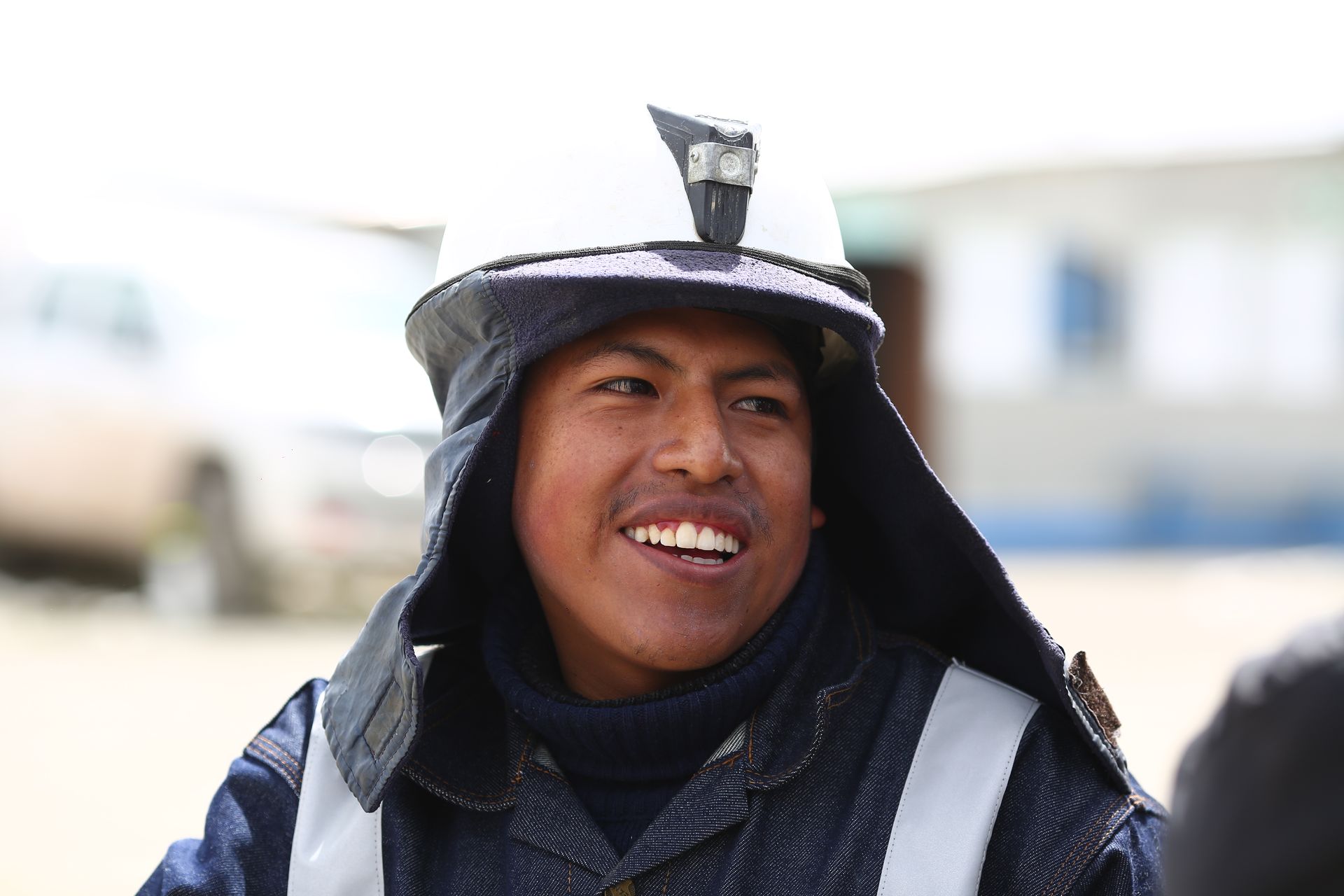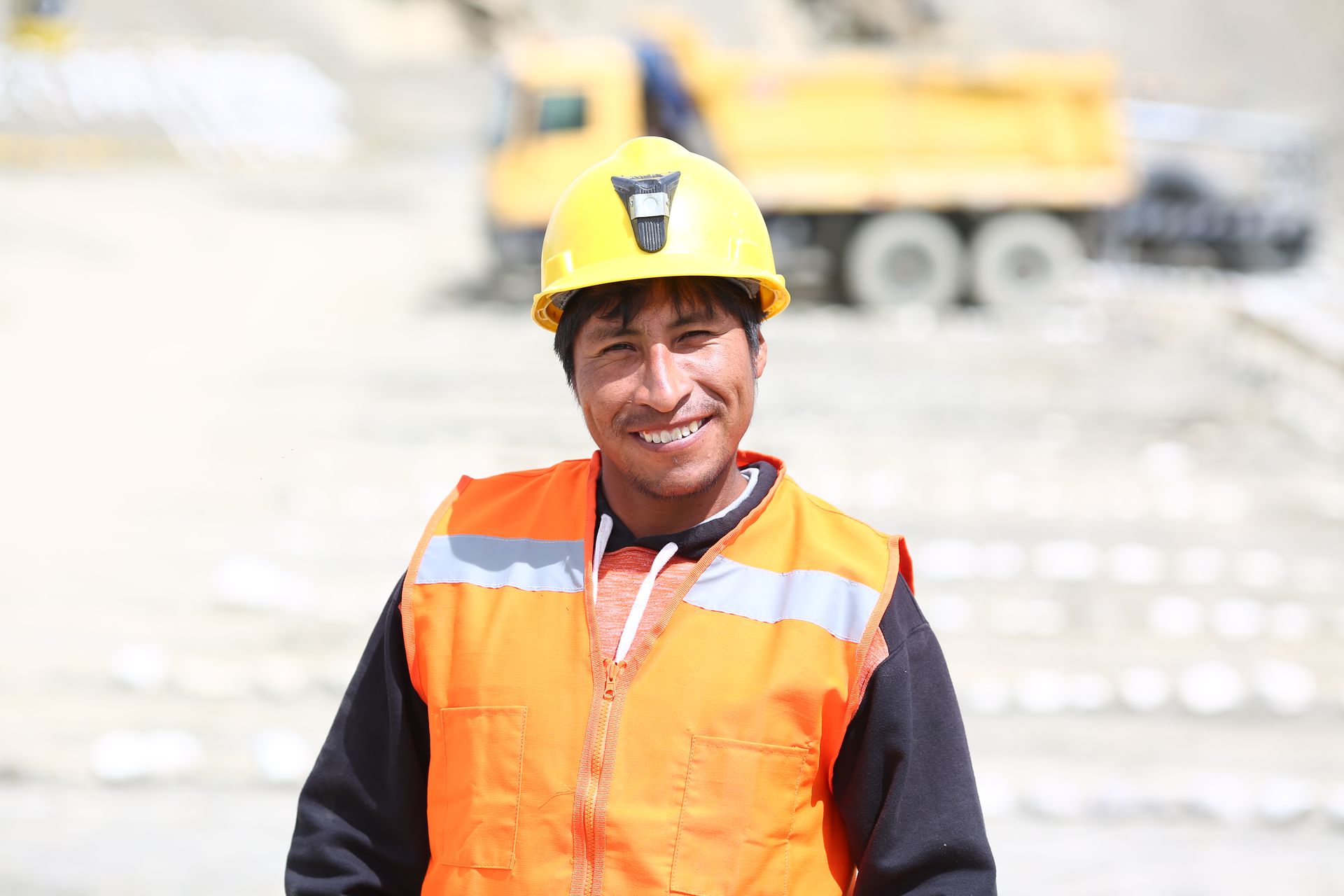The SOTRAMI mining cooperative is located in Santa Filomena, a small village in the Atacama desert in southern Peru. In the 1980s, as a result of an economic crisis, the region was increasingly populated by miners who tried their luck prospecting for gold in abandoned mine shafts.
2004: Santa Filomena is Declared a Child Labor Free Zone
2004: Santa Filomena is Declared a Child Labor Free Zone
in Origins
Desirée Binternagel
25 November, 2022
Help us protect and preserve for future generations
Offer rings made from Fairtrade Gold to your clients.

